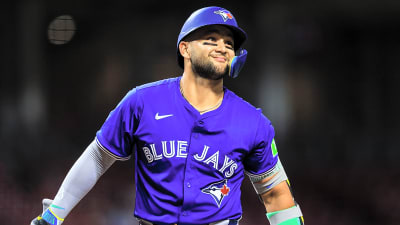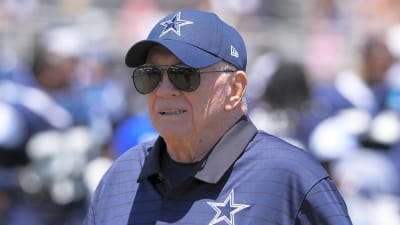
The Minnesota Wild were in the middle of the hockey news cycle yesterday, and not for the reasons they’d hoped. Word leaked that superstar forward Kirill Kaprizov turned down a contract extension that would have made him the highest-paid player in the NHL. The reported offer was staggering—eight years, $128 million, an annual average of $16 million. Yet Kaprizov said no. That simple rejection immediately set off a storm of questions about his future in Minnesota, his priorities, and the Wild’s ability to hold onto their most marketable star.
Was the Money There for Kaprizov, But Not the Term?
At first glance, it’s hard to see how anyone could walk away from that kind of money. But dig deeper and you can start to see why Kaprizov and his camp might hesitate. The most obvious reason is term. Eight years is an eternity in today’s NHL, and with the salary cap expected to rise significantly over the next several seasons, locking in long-term might not make sense.
Perhaps Kaprizov’s camp believed that a shorter deal would allow him to revisit the market in his early 30s, when he could very well demand another huge payday.
For Kaprizov, Does Winning Matter More Than Cash?
There’s also the competitive angle. For all his brilliance, Kaprizov has only been able to drag the Wild so far. Since joining the league in 2003, Minnesota hasn’t been past the second round of the playoffs.
Kaprizov knows that he’s in his prime now, and eight more years in a situation that doesn’t look ready to deliver a Stanley Cup might feel like a wasted opportunity.
Was Leverage, Lifestyle, and the Bigger Picture for Kaprizov?
Geography and lifestyle can’t be ignored either. Minnesota is a strong hockey market, but it doesn’t carry the spotlight of New York, Chicago, or even Dallas. And for a Russian player with ties back home, the pull of other options is always in the background.
Finally, it’s possible this rejection is simply about leverage. Kaprizov may not want to leave, but he might want assurances that Minnesota’s front office is serious about surrounding him with enough talent to win. Turning down the first offer is one way to send that message.
What Comes Next for Kaprizov?
In the end, the Wild’s future and Kaprizov’s future are tightly intertwined. The team can pay him, but can they convince him they’re serious contenders? That might be the question that really matters.
More must-reads:
- Maple Leafs star makes bold contract demand, but deal not yet close
- Flyers trade former KHL Goalie of the Year to Blue Jackets
- The 'NFL's three-passing TD game leaders' quiz
Breaking News
Trending News
Customize Your Newsletter
 +
+
Get the latest news and rumors, customized to your favorite sports and teams. Emailed daily. Always free!








